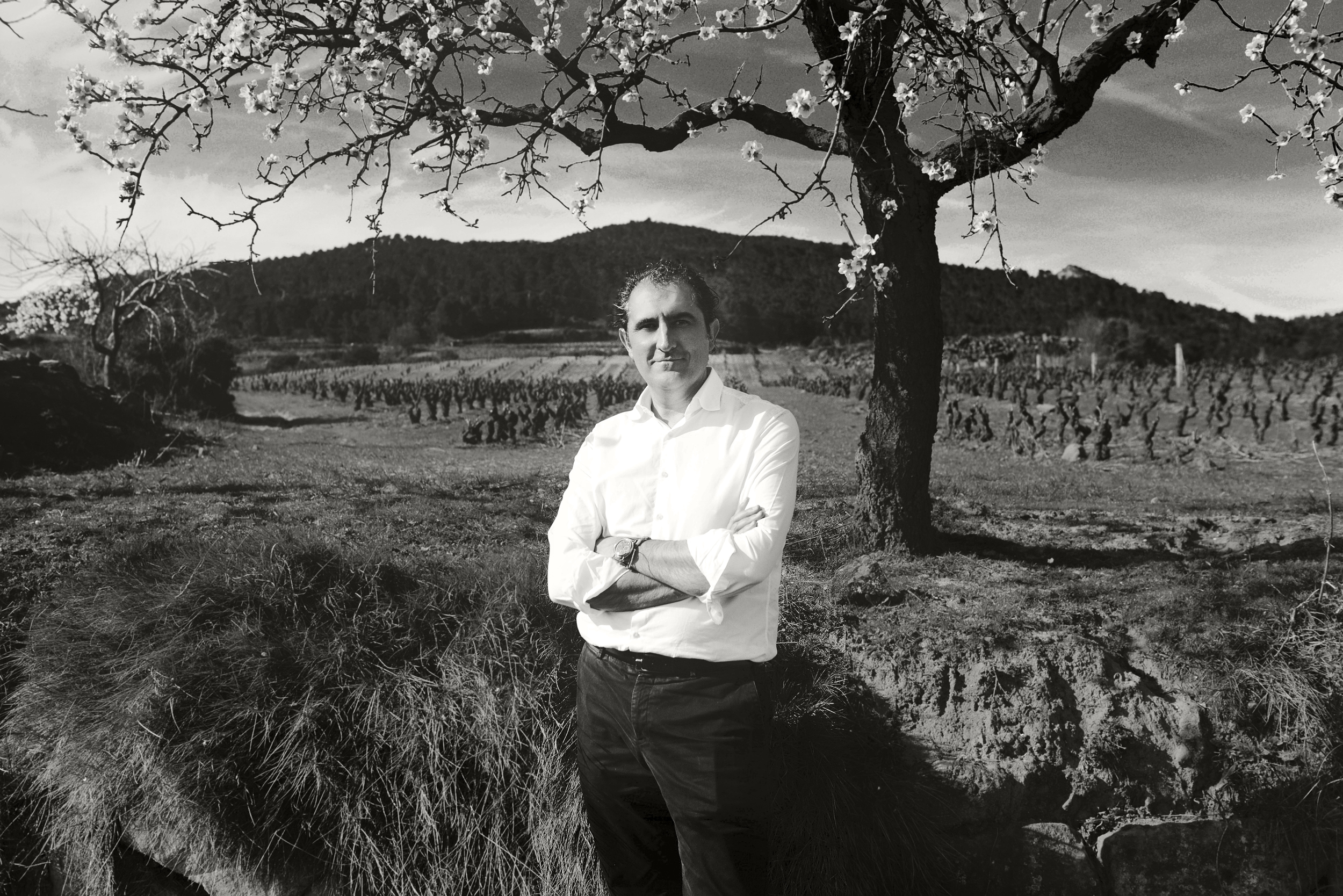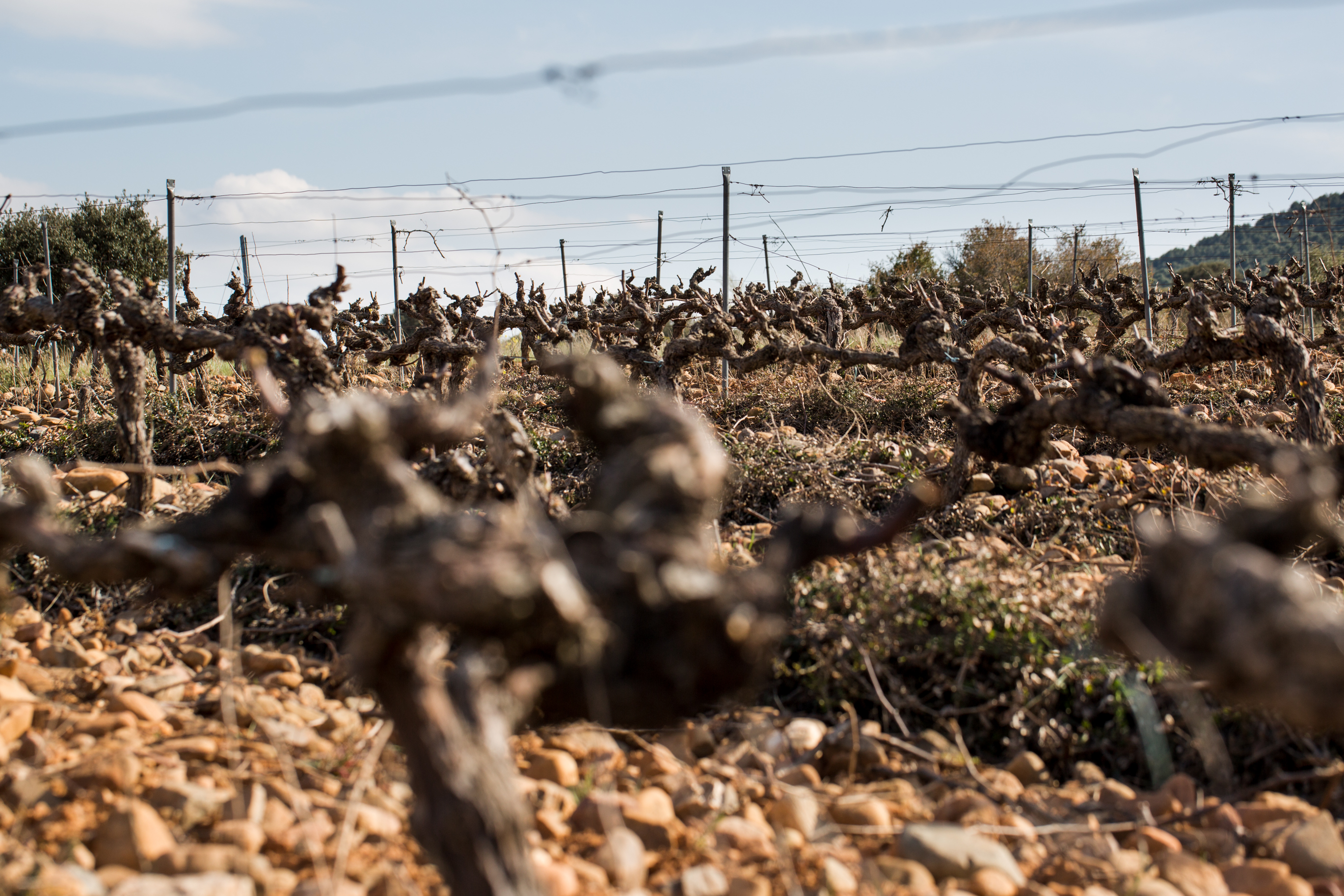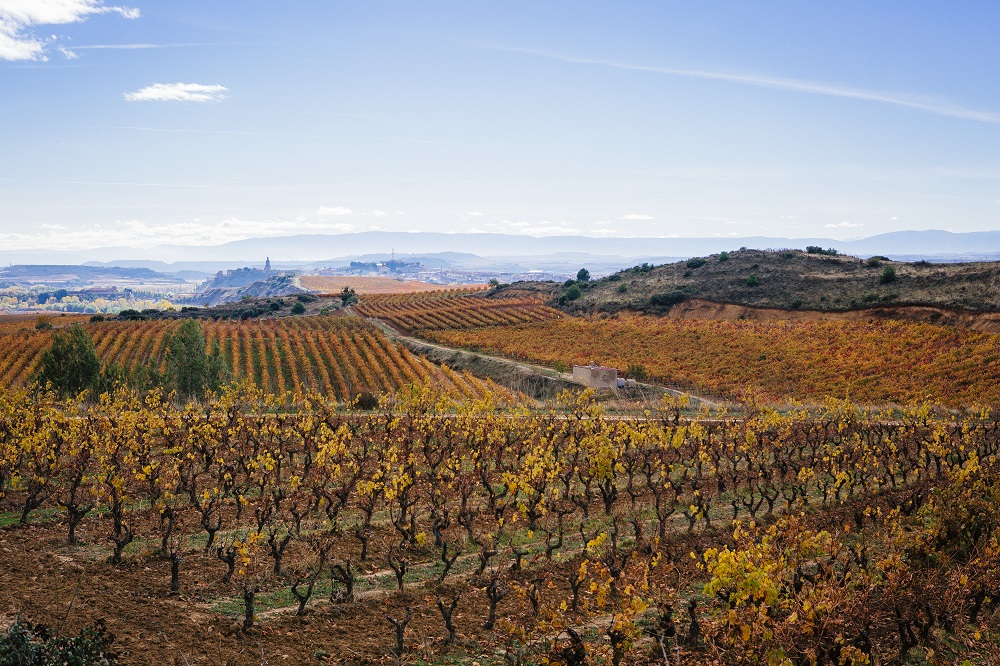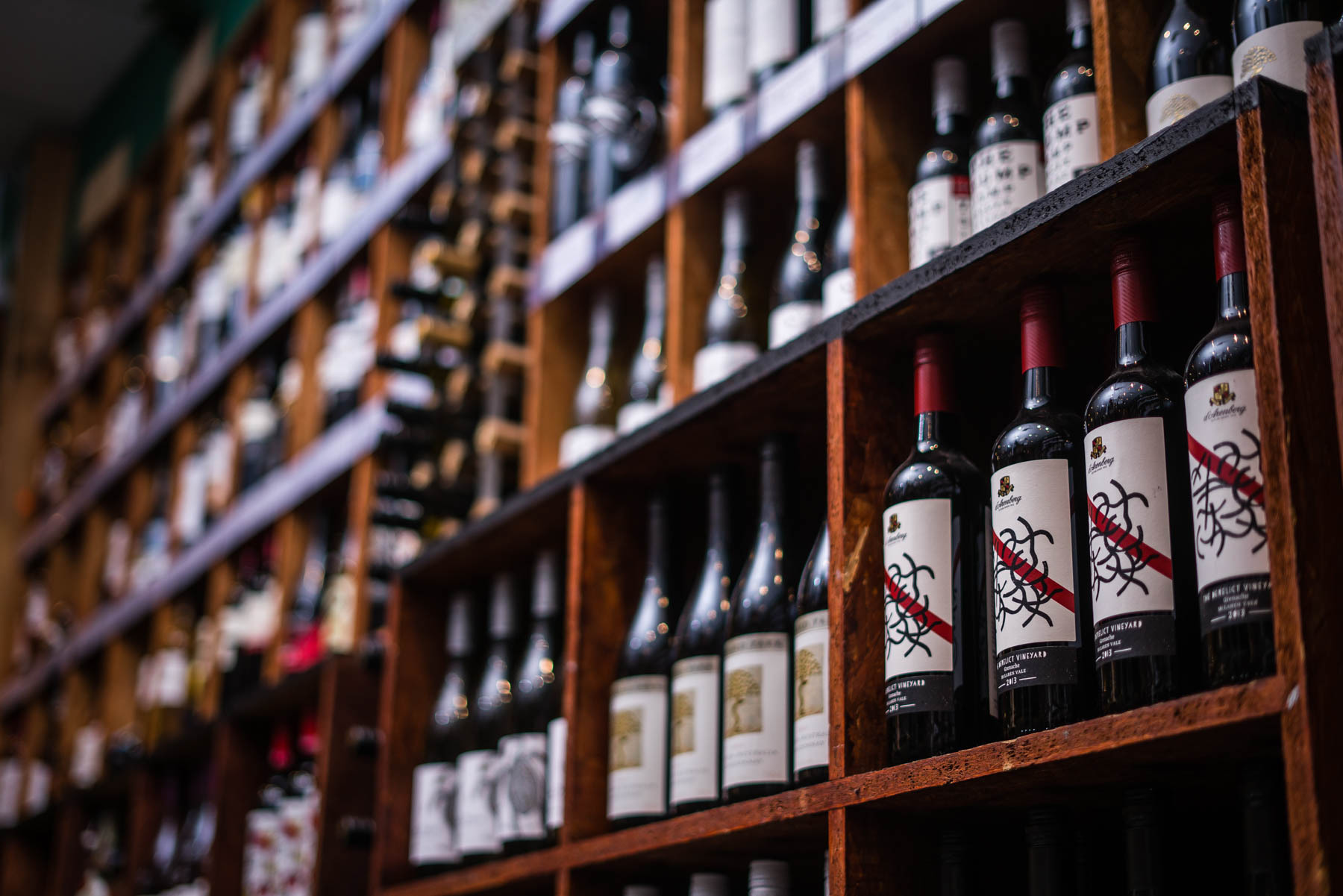In the vineyard with Rodolfo Bastida
Laura on 22 Mar 2017
We sat down with Chief Winemaker at Ramón Bilbao, Rodolfo Bastida, to find out what makes him tick.
What was your path into winemaking?
Wine is part of my family, it’s in my blood. My grandfather made wine in Rioja. He had a winery where he’d ferment his own grapes and then sell a quantity in bulk to other wineries. My father sells grapes to other producers in the area. I wanted to study wine because I’m passionate about the hills and the landscape itself, and talking about wine and vineyards is very useful at home. The tradition continues because my brother is a winemaker in the same region, and my wife too. So, naturally when we share a meal together there’s always plenty of wine, and a lot of competition over whose wine we’ll drink to finish the meal.
So every moment we’re talking about wine. My son too is quite interested – he’s just 12 years old, but whenever we open a bottle of wine we always allow him to try it. But I want him to appreciate and understand the whole winemaking experience, before he thinks about the wine. He comes in the field to go grape picking with us, so he can see the effort that goes into it. I remember so well helping my grandfather press his grapes when I was just four years old. This is really part of our family culture: wine, winemaking, and the vineyards.

What do you love about working for Ramón Bilbao?
I love that when you’re making wines you never stop learning; you’re always developing new ideas. I’m very excited about what our research team has been doing, making very interesting things with natural yeast, and wines in concrete tanks. Now we’re testing how microcosms in the vineyard can help produce characteristics in the wines. There’s a very interesting study from University of California, Davis, that explores the relationship between the flavours and aromas you have in your wine, with the microcosms you have in your soil. For the future I think this is going to be very useful.
I think in the future we’ll be doing similar things to now, but with more information. People often ask, do you think 10, 20 years ago people were making better wines than now? And I always say no, now we’re making better wines than ever before. My grandfather was making decisions only with the knowledge he had in his head, he wasn’t reading and researching, he didn’t know what they were doing in South Africa, or Australia. I think with more culture, and information you can produce better and better wines.
I’m also very happy with the team we have for managing our different wineries in Spain. For us it’s more important to reflect the personalities in every wine we’re making, and this part comes from understanding every region and championing the terroir.

What’s your winemaking philosophy?
The most important thing for me is to put the fresh aspect of each region into our wines. There are plenty of parts of Spain that produce intense wines in terms of colours, and high alcohol. For me, Rioja is ready to make fine and elegant wines. I think things are changing, and there’s more interest in wines that spend long periods in barrels. Consumers are starting to look for these more delicate wines, more than the bombshell powerhouses of years gone by.
Who are your greatest wine heroes?
My hero is the grower working out in the vineyard. When you look at his hands, his face, you can see the harsh effect the elements have had on him. I always think of these people who spend their lives working in the fields. This is what inspires me to keep working hard. In Rioja there are lots of villages where they can grow only vineyards – but if one year there’s a frost problem, another year with mildew, they might lose their whole harvest so their family lives with not much. These are the real heroes.
Why are you proud to call Rioja home?
Close to the Basque country, Rioja is different to the rest of. The region is very small, but there are a lot of people who pass through the area so when you’re in the street you’ll notice that the people are very open and welcoming. People are always coming and going, so we’re a hospitable folk. We try to make others who are visiting our region comfortable – this is our way of life.
If you had to pick just three wines to take with you to a desert island, what would they be?
It depends on the situation. Some days I enjoy a bottle of Crianza because it is very fresh and easy to drink, and you don’t need food. But if you’re cooking a big piece of meat, a bottle of Mirto is fantastic. I also love wines from Ribera del Duero, and Sicilian Nero d’Avola. I love Bordeaux wines, especially from Saint-Émilion. I love the whole culture that you feel in every corner of the city when you’re in Bordeaux – from the chateaux to the whole French qualification system. You can sit down in a simple, inexpensive restaurant, and you’ll be offered a bottle of very prestigious wine, and there’s a whole fanfare around it. In Spain, wine is just part of everyday life, with less ceremony.

What do you best like to eat with wine?
I love the pairings we make at the winery; especially the Patatas Riojanas (potatoes with chorizo and red peppers). But I’m also very good at cooking rice, and think I make a nice seafood paella.
Do you have a nickname when you’re at work?
Not at the winery, but at home because my father and grandfather both share the same name as me, I am called Rodolfito. Little Rodolfo.
If you weren’t working in wine, what would your ‘Plan B’ be?
Nothing, I can’t imagine anything else. Wine is my whole life.

